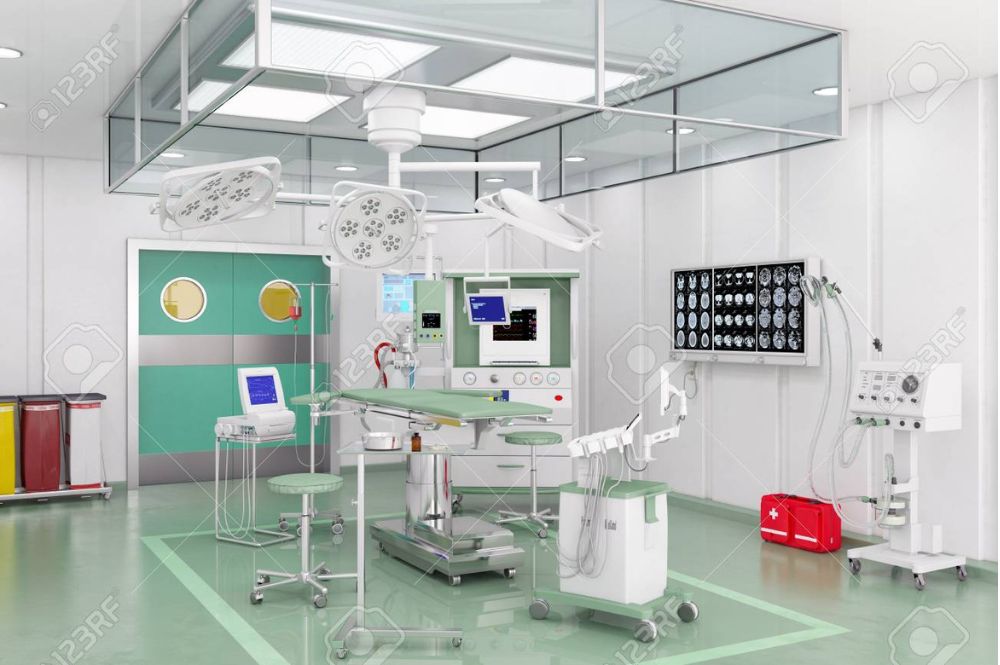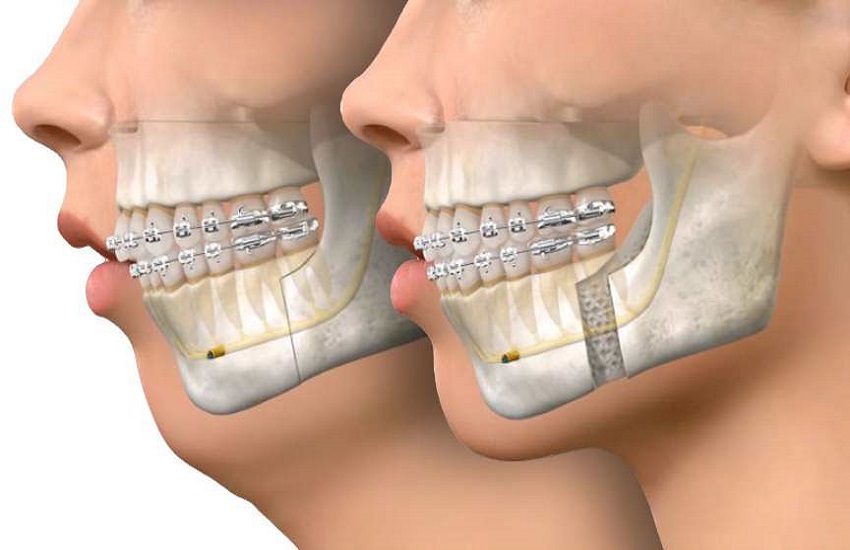Facial Infections
Facial space infections, often from dental issues, range from abscesses to deep neck infections. Factors like decayed teeth, gum problems, and trauma contribute. Symptoms include redness, swelling, fever, and fatigue. Proper management is crucial.


About Facial Infections
Facial space infections, often stemming from dental issues, range from superficial abscesses to deep neck infections. They arise from infections extending beyond the alveolar bone, creating latent spaces where infections can spread. Factors like decayed teeth, gum problems, immunocompromised states, and untreated trauma contribute to these infections. Symptoms include redness, swelling, fever, and fatigue. Proper management involves removing the cause, drainage, antibiotics, and supportive care. Early decompression prevents complications. Medical management alone is insufficient; drainage is crucial. Anesthesia is necessary for draining. Proper management requires expertise, careful planning, and sophisticated instruments. Nirmal Super Specialty Dental Hospital offers comprehensive care for facial infections.
FAQs: Orthognathic Surgery
- Facial space infections typically arise from dental caries or periodontal infections. When the host is immunocompromised, microorganisms migrate from the tooth to the bone and muscles, causing swelling and pus accumulation if untreated.
- Long-standing decayed teeth, gum problems, immunocompromised status, and untreated trauma can lead to facial space infections.
Signs include redness, localized swelling, temperature rise, fatigue, tenderness, pain, and fever.
- Presence of a decayed tooth, compromised oral cavity, poor oral hygiene, and secondary infection triggers indicate a space infection.
Management involves removing the cause, establishing drainage, instituting antibiotic therapy, and providing supportive care.
No, they only provide temporary relief. Primary management involves relieving pressure on the swollen area and draining infectious content.
Local anesthesia is primarily used for draining the swelling. Topical anesthesia and nerve blocks are also used to reduce pain.
Facial space infections are managed carefully with sophisticated instruments and expert hands, aiming to relieve pressure, administer medications, and prevent complications. At Nirmal Super Specialty Hospital, we prioritize patient safety and effective treatment.
Surgical drains are used to decompress fluid or air. They are placed intraorally or percutaneously to relieve swelling and symptoms, aiding in the administration of antibiotics and analgesics.
Early decompression offers several advantages:
- Halts infection spread.
- Averts tissue ischemic necrosis.
- Relieves tissue pressure.
- Eliminates toxic purulent discharge.
- Enhances drainage by unblocking lymphatic and venous channels congested by edema.
- Promotes blood perfusion, improving antibiotic delivery.
- Prevents additional complications.
